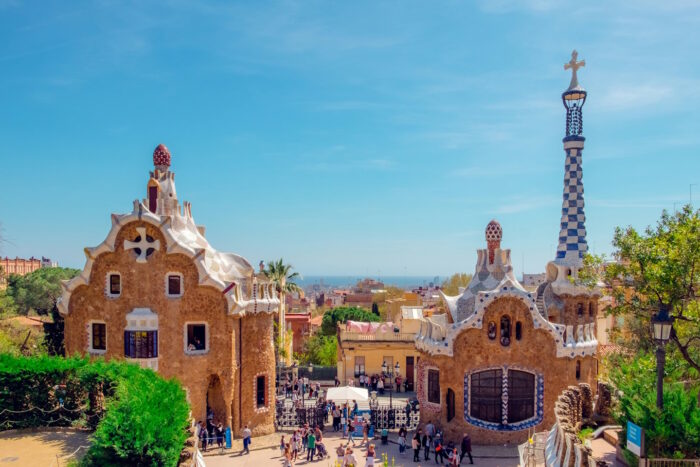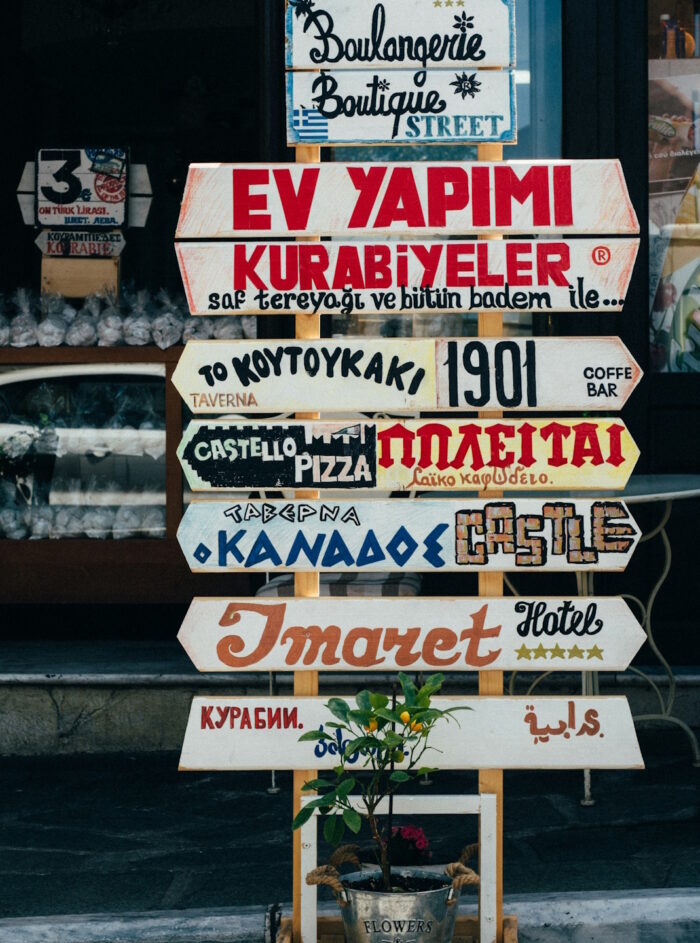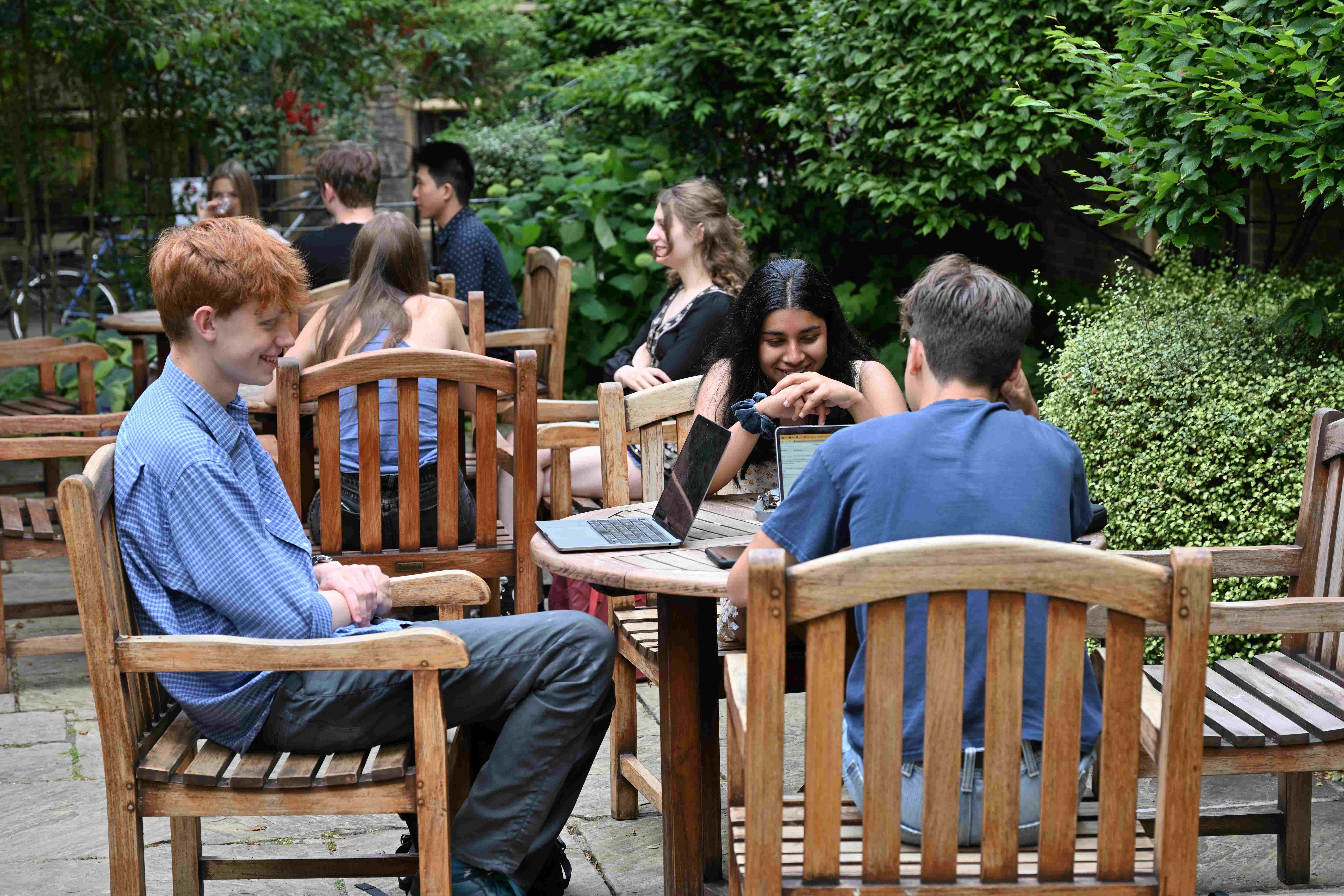Modern and Medieval Languages
- UCAS Code: R800 BA/MML
- Campus Code: 4
- Duration: 4 years
- Places per year: 6-8
Learning new languages and deepening our knowledge of the cultures produced in those languages opens up new ways of seeing, thinking and communicating.
The Modern and Medieval Languages (MML) degree at Cambridge is an interdisciplinary course that gives students opportunities to learn about literature, film, history, linguistics, philosophy and visual art, as well as honing language skills.
You can pursue your interests in many areas, from Italian Renaissance art to contemporary Brazilian cinema and medieval German folk tales to socialist realism in Stalin’s Russia.
This course also includes options in linguistics, such as the historical and cognitive dimensions of the languages you’re studying.

Modern & Medieval Languages
Looking for something specific? Use these quick links to get to where you want to go…
Course Overview
You’ll be introduced to a broad range of historical periods and geographical areas relating to the country or countries where that language is spoken. MML is also fundamentally comparative, since all students start by studying two languages, one of which can be a new, or ab initio, language. You will develop your linguistic skills, written and verbal expression (in English as well as the target languages), as well as your creativity and critical, analytical thinking.
One of the highlights of the course is the opportunity to spend a year abroad in your third year and to immerse yourself in a country where the language(s) you are learning is spoken. Students enjoy a huge range of study and work experiences during their Year Abroad: internships, employment and even studying an entirely new subject are all options. Students return in their fourth year linguistically fluent, with broad horizons and enriched life experience.

How You Learn
Teaching is made up of lectures, seminars, language classes, intensive oral work in small groups, and small-group supervisions.
For your language classes, you’ll get individual feedback from your teachers, outlining how you can improve further.
For your supervisions, you prepare written work which you then discuss with a specialist in the field. In your first year, you can generally expect around 12 to 14 hours of teaching each week.
You’re assessed at the end of each year, primarily through written and oral examinations, and the submission of an extended translation or research project at the end of the third year (the year abroad).
You can complete a dissertation instead of a written exam in the fourth year.

Entry Requirements
Minimum Offer Level
A-Level: A*AA
IB Diploma: 41-42 points, with 776 at Higher Level
Other: See the University’s Entry Requirements page
Subject Requirements
You will need A levels/IB Higher Levels (or the equivalent) in:
- At least one of the languages you want to study
We also recommend any of these subjects for a strong application:
- Another language
- English (literature or language)
- History
- Mathematics
What We Are Looking For
We are looking for applicants who share our passion not just for the language of a particular country, but also for that country’s culture, notably its literature, cinema, art, and music. We also relish the opportunity to discuss with a candidate the ways in which a country’s historical development is reflected in those cultural productions. Factual knowledge, though not irrelevant, is secondary. Intellectual curiosity, however, is of the essence: the willingness to look beyond and indeed to question what you think you know.

Admissions Process
Written Work
We would like to see samples of schoolwork pieces. These should comprise, where possible, an example of language work in a language being studied at school (preferably the post-A-level language to be studied with us) and a piece of analytical or essayistic writing, creative or on a cultural topic. Both should be from this academic year if the applicant is currently studying. We recognise that the analytical-essayistic work will not always be available, depending on the subjects chosen.
You do not have to send this work before applying, we will write to you after you have applied and let you know exactly what you need to send and when.
Admissions Assessment
Information to follow.
Interviews
Candidates normally have two interviews, one in each of the languages they intend to study at university. Interviews usually last about 20-25 minutes. If you have decided to continue with a language you are already studying for A2 (or equivalent), a portion of the interview will be conducted in that language. Even if you are applying to study a language from scratch (‘ab initio’), we will still interview you for that language, and we would expect you to have devoted some time to thinking about the particular aspects of the literature, culture, and history of the country in question which you find interesting.

MML at Trinity Hall
Trinity Hall has a strong tradition of excellence in MML, a tradition that emerges through the collaboration and mutual supportiveness of our student cohorts. Our students tell us they work and revise together with others in their year group and feel supported by their peers as well as by the College and Fellows in their subject areas. As well as collaboration, we encourage independent learning, resilience and confidence in our students.
We currently have three Fellows: Dr Louise Haywood, who specializes in Medieval Iberian literature and culture and translation theory and practice; Dr Isabelle McNeill, who specializes in French film and literature; and Dr Leila Mukhida, who specializes in politics and aesthetics in German and Austrian visual culture. As a team, we focus on creative and critical approaches to academic work and fostering a nurturing and inclusive MML community in College, working closely with colleagues in Asian and Middle Eastern Studies, Linguistics, Classics and History. We welcome non-traditional applicants to our community. We organize study skills workshops for first-year students and critical theory seminars across all resident year groups to enable students to find their own critical voices in their written work and to question their assumptions about the study and analysis of language and culture.

Suggested Resources
Online Resources for Languages:
Cambridge Collaborative A level Resources for Languages (CCARL) is a series of short videos recorded in the target language on texts set for French and German A levels. These resources can be used by teachers as part of classroom-based activities and also for students’ independent learning and revision in time for A-level (or equivalent) examinations.
